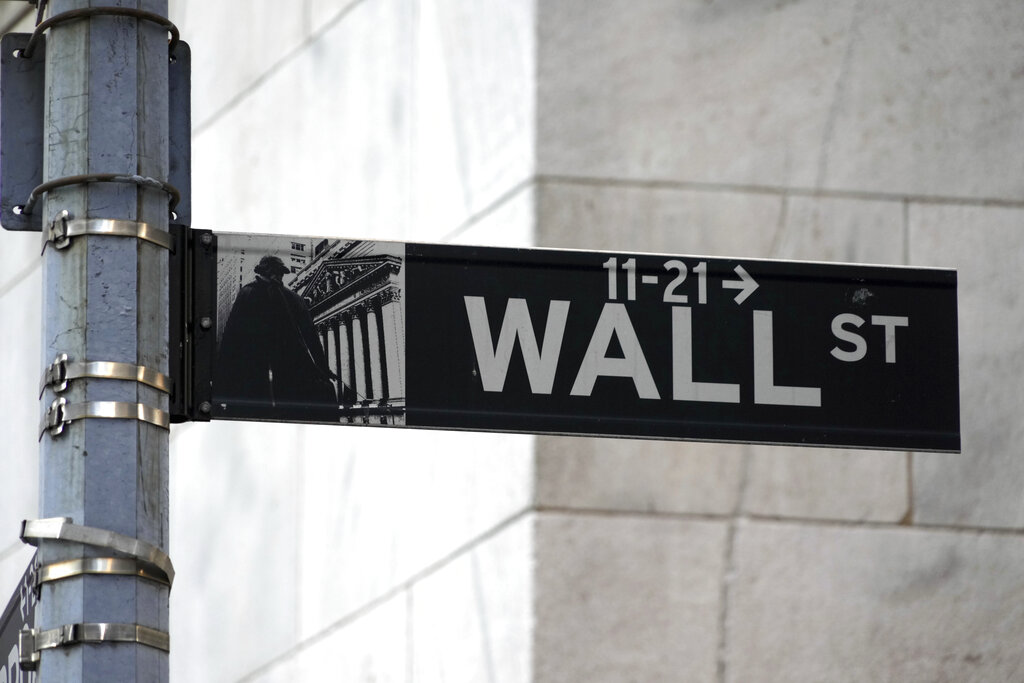
Let’s learn about the fund a little bit through our short interview with the winner.
How was the portfolio positioned to navigate the market volatility in 2022?
At the start of the year, we were slightly underweight on duration because we believed that market yields had not priced in sufficient rate hike expectation. This positioning resulted in better downside capture compared to our peers when the market started to decline in late Q1 2022.
By mid-Q2 2022, the market was in panic mode with an extreme sell-off that had put many market participants in very tight corners, causing them to de-risk. Liquidity was thin, and bid/ask spreads widened significantly even for on-the-run issues. Long-end implied forward rates reached their highest levels since 2009, at which point we kept our discipline and determined that the margin of safety was large enough to take a contrarian position by adding duration through long-dated government bonds and changing our position to overweight.
Soon after, the market's fickleness was on full display as bonds staged an impressive rally, driving long-term interest rates down by over 100bps during Q3 2022. The margin of safety decreased with the rally, so we adjusted the portfolio to reflect the new risk-reward ratio by reducing duration back to neutral. We also took advantage of the opportunity to make relative value trades by rotating from Thai government bonds to US treasuries as yields in both countries moved in opposite directions. As the market continued to rally, with large foreign inflows pushing term premiums into extremely negative territory, we ended the year with an underweight position.
What are the strengths of your investment team that make the fund successful?
- Discipline: Our fundamental approach is based on value investing, emphasizing long-term performance while managing short-term risk according to our risk budget. As we observed in 2022, short-term market movements were largely unpredictable and behavioral biases caused outsized swings between greed and fear. By staying true to our philosophy, we successfully navigated through these times of extreme volatility while capitalizing on market anomalies that arose during such periods.
- Humility: It is already very difficult to make accurate nowcasts, let alone forecasts. For this reason, we are ready to admit mistakes, learn from them, and adapt our strategies dynamically in response to changing circumstances. Assessing an asset’s fair value is not a precise exercise, and it is better to be vaguely right than exactly wrong. As always, margin of safety is a most critical concept to adhere to.
- Cost-benefit analysis: We are mindful that every trade carries financial costs and that overtrading is likely to result in underperformance. The opportunity cost of holding cash also become increasingly more significant as policy rate increases, resulting in cash drag becoming a more pressing concern. However, these mundane considerations can be sources of excess return. Therefore, we optimize our operations to pick this low-hanging fruit.
- Team-based approach: Each team member contributes strengths to build a solid internal knowledge base. We hold team discussions among portfolio managers and in-house investment analysts to reconcile diverse viewpoints while being careful to avoid groupthink. As a team, we are prepared to make bold calls if situations align. This method also mitigates key-person risk.
What is your view on the outlook of interest rate level? How does that tie into how your portfolio is positioned?
On government bonds, we are cautious on the yield curve level. We anticipate more hikes as Thai Monetary Policy Committee continues with its policy normalization, and we believe that the market is underpricing these hikes. Large foreign inflows have suppressed short-dated bond yields to abnormally low levels and we expect this situation to be temporary. If these inflows reverse, bond yields will increase. Externally, there are also latent risks in global yield curves, especially US treasuries, where investors are optimistic for a dovish pivot by the Fed. We do not subscribe to this viewpoint and expect higher yield curves in the future as the market reconciles its difference with central banks’ guidance.
On corporate bonds, we maintain a neutral stance and are selective in terms of credit. Thai economic recovery should continue at a stronger pace this year, driven mainly by tourism. Tighter credit spreads have reflected this view in general. As government bond yields rise, we have observed spread compression due to strong demand for absolute return. This trend may persist for some time and drive corporate bond prices higher; however, decreasing risk premium reduces the attractiveness of credit investments. Given the unpredictable nature of economic downturns, it is crucial that we invest in companies with robust financial profiles that can withstand the vagaries of business cycles.
Where do you feel that the investment team or the investment process can be improved upon in the future?
At our organization, we consider continuous learning to be a crucial aspect of a career in investment. We promote individual pursuits of knowledge, recognizing the importance of diverse perspectives in generating effective discussions and ideas. Our team is committed to staying abreast of evolving trends and developments in the investment field. For example, ESG investing has gained significant importance in the investment industry, and new frameworks and regulatory guidelines, such as the Thailand Taxonomy and EU Carbon Border Adjustment Mechanism, are being introduced on a regular basis. As such, we have established an ESG investment committee, which is responsible for all matters relating to responsible investing regulations and governance. It is crucial for us to stay updated on these developments and understand their potential impacts on investments so that we can deliver consistent and superior performance over the long term.
How would you recommend to investors who interested in Mid/Long Term Bond fund?
KKP Active Fixed Income Fund (KKP ACT FIXED) is an actively managed fund that invests in fixed income assets such as government bonds, corporate bonds, and securities issued by commercial banks, whose issuers have strong financial positions and liquidity. The fund employs a dynamic strategy that utilizes top-down macroeconomic analysis and rigorous bottom-up security analysis to manage government duration and credit spread duration, with the goal of maintaining a portfolio duration of approximately 1-3 years.
This fund is appropriate for investors seeking exposure to fixed-income assets, who are willing to tolerate a low-to-moderate level of risk (higher than money market funds) from fluctuations in security prices, and who have a medium-to-long term investment horizon.






:quality(80)/cloudfront-us-east-1.images.arcpublishing.com/morningstar/4JOND5R2SBFPZE63XWPYQDG56A.png)
:quality(80)/cloudfront-us-east-1.images.arcpublishing.com/morningstar/KMLNCTVODZD5ROGOQD3SJUSR6Q.png)
:quality(80)/cloudfront-us-east-1.images.arcpublishing.com/morningstar/TYYKCGYZ2NACPJ23FC2HIYRUTU.png)








